Peak legal body, the Victorian Bar, has criticised Premier Daniel Andrews and his government for “grossly misrepresenting” its support for a sweeping Pandemic Bill that will grant extensive powers to the premier and health minister.
At the same time, the summary also claimed that the Health Department and an “Expert Reference Group (ERG)” had undertaken consultation to assist with the creation of the bill and to engender support for its introduction, claiming to have met with multicultural, civil rights, public health, and legal bodies—including the Victorian Bar.
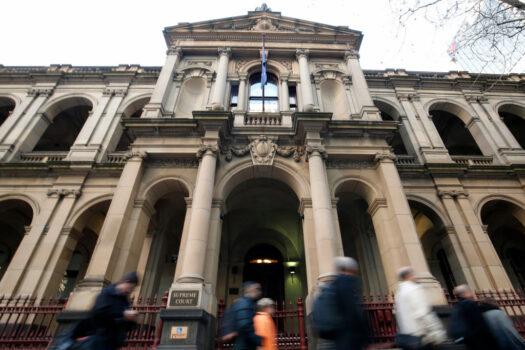
“Two members of the Victorian Bar Council were registered to attend a one hour ‘consultation workshop’ with the ERG on Sept. 28, 2021, about the ‘development of a new pandemic specific part of the Public Health Act.’ This workshop was cancelled at short notice and never rescheduled,” he added.
Blanden also said the Victorian Bar was not provided with a draft of the Bill and could only view it when it was made available close to when parliamentary debates began.
The new bill is designed to establish a permanent structure for the government to deal with future pandemics and will supersede the pre-existing “State of Emergency” powers provided under the Public Health and Wellbeing Act 2008, which is due to expire on Dec. 15, and has been extended twice already.
These include “broad powers” for the health minister to make pandemic orders, on the advice of the chief health officer, where it is deemed “reasonably necessary” to “protect public health.” Further, the premier can “declare a pandemic” and extend such a declaration three-months at a time—the number of extensions is unlimited.
Pandemic orders would give the premier and health minister the power to issue new public health decrees including closing borders, mask mandates, and introduce health restrictions.
Police will also be able to enter private premises without a warrant to implement such decrees.
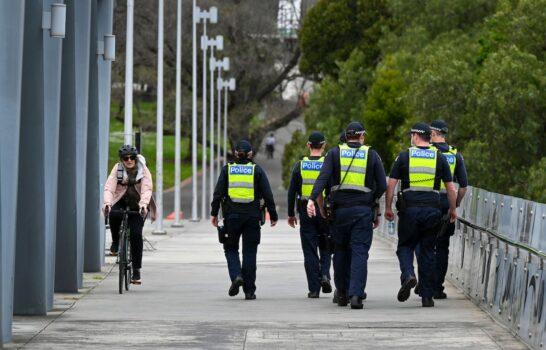
Although oversight measures have been introduced to offset the premier and health ministers powers, the Bar said, in reality, the oversight was limited.
“The orders are subject to disallowance by Parliament only if the Scrutiny of Acts and Regulations Committee recommends it. The Committee can only recommend disallowance on narrow grounds, effectively confined to the order being beyond power or breaching the Charter of Human Rights and Responsibilities Act,” Blanden said, noting that the Committee did not have grounds to act if it simply disagreed with an order.
“Further, the government of the day may have a majority on the Committee, as is the case presently,” he added.
Blanden said clauses such as “reasonably necessary” were too broad and subjective and would be difficult to challenge in court.
“The overriding concern is that the bill confers on the health minister what is, in a practical sense, an effectively unlimited power to rule the state by decree, for an effectively indefinite period, and without effective judicial or parliamentary oversight,” he said.
“The bill confers powers that can be appropriately described as draconian in authorising virtually unlimited interference with the liberties of Victorian citizens. Yet the bill lacks the appropriate checks and balances to ensure the proper exercise of these powers,” he added.
“This represents the biggest challenge to the rule of law that this state has faced in decades.”
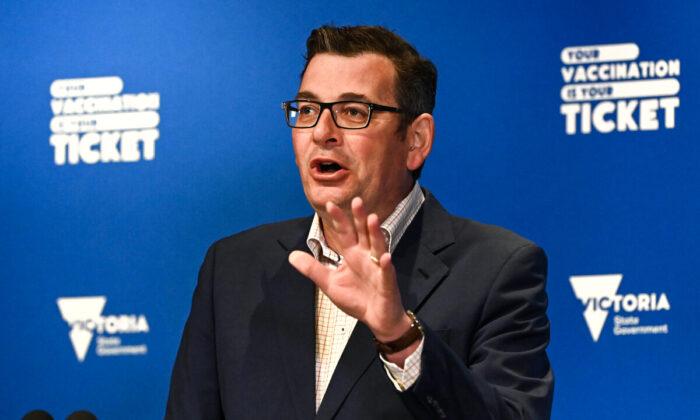

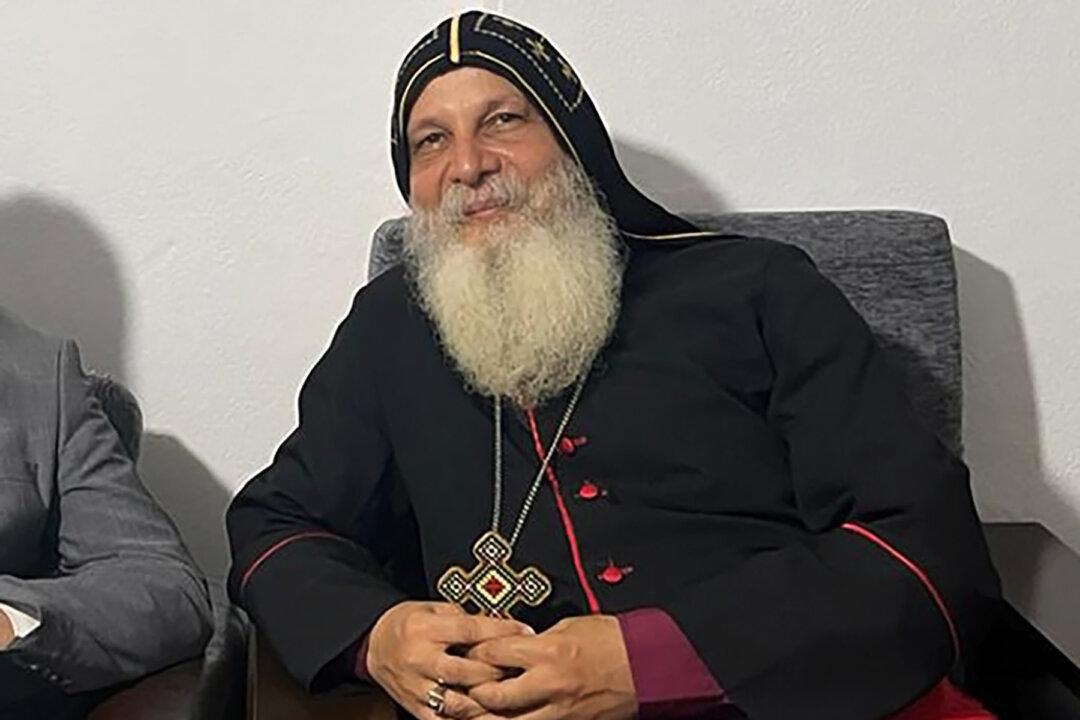


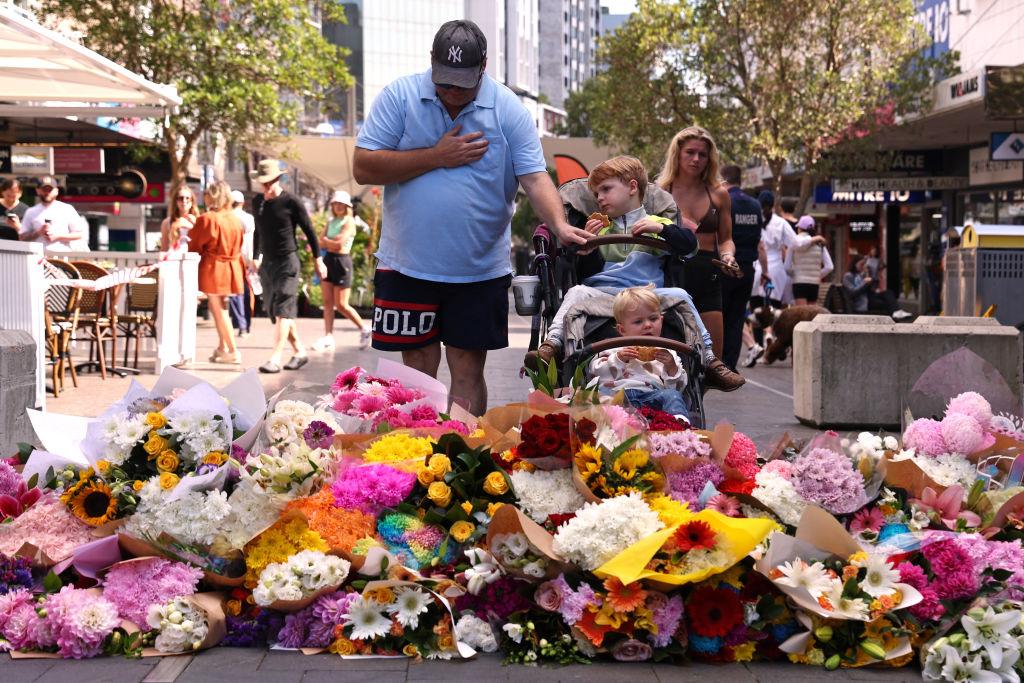
Friends Read Free